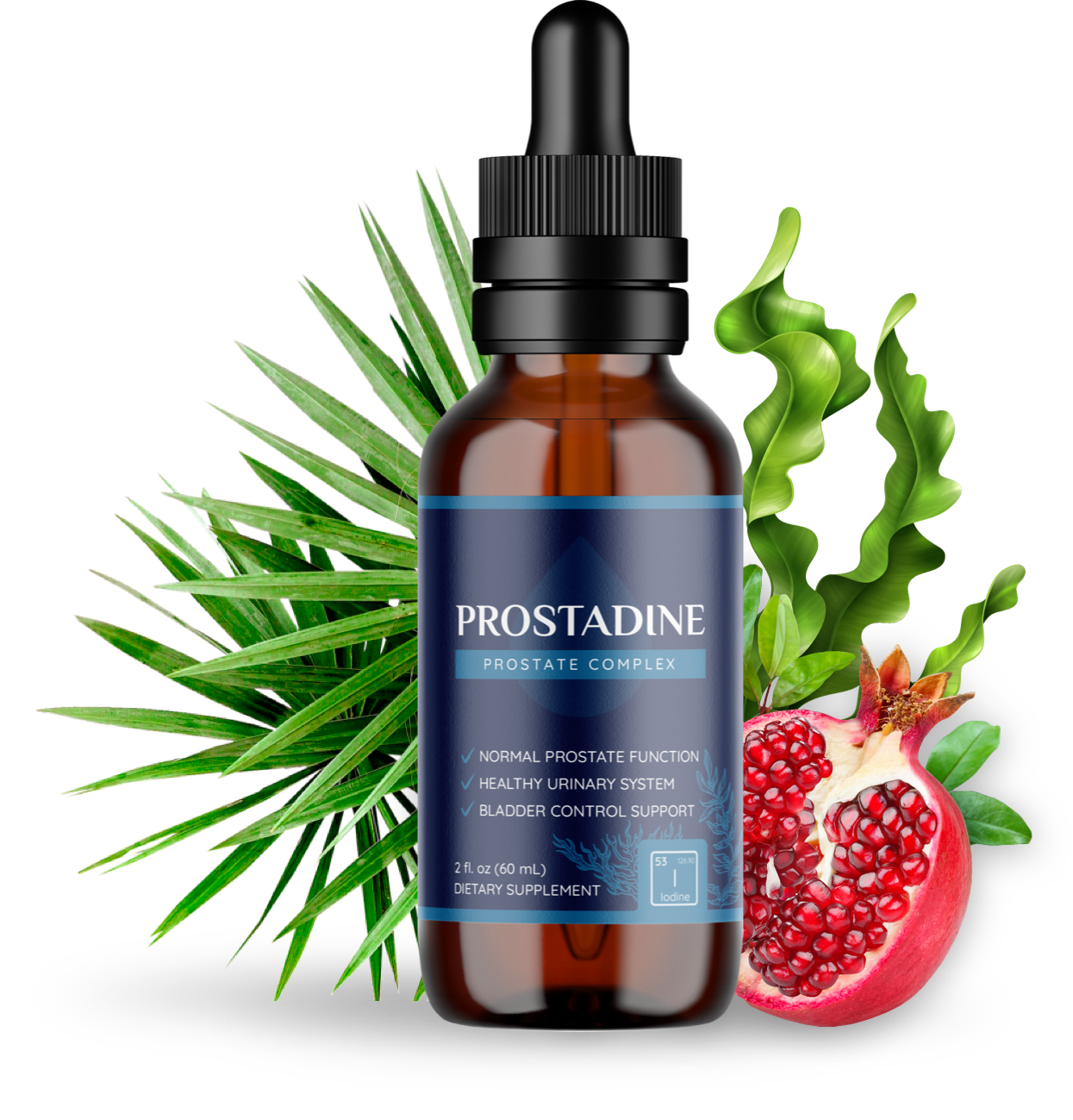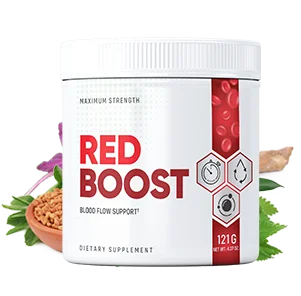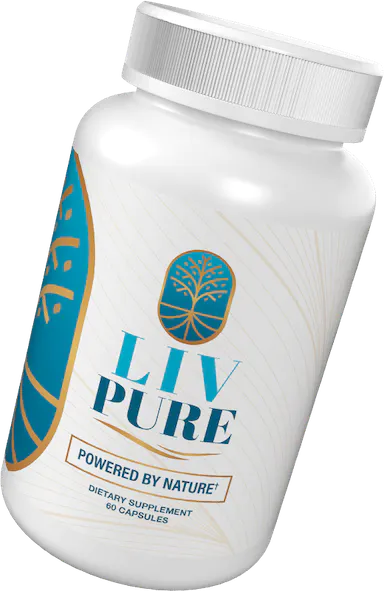#ad [recommended product]
Introduction
For centuries, aloe vera has been a common remedy, famous for soothing sunburns and healing minor cuts. It’s that spiky, green succulent sitting on your kitchen windowsill. But did you know about its more profound, internal benefit: its potential role in managing blood sugar? If you’re wondering: does aloe vera help lower blood sugar? You’re not alone.
It’s hard to believe a simple, natural plant extract could help manage blood sugar. When it comes to a condition as serious as diabetes, it’s important to separate fact from fiction. Let’s dig into what the science actually says about aloe vera’s role in blood sugar control.
Effectiveness of Aloe Vera on Blood Sugar
A plant that could influence something as complex as glucose metabolism isn’t as far-fetched as it might sound. Researchers have been intrigued by aloe vera for years, and while the evidence isn’t exactly a slam dunk, it is certainly thought-provoking.
Mechanism of Action
Scientists believe aloe vera works through several mechanisms at once:
- Enhanced Insulin Sensitivity: Some active compounds in aloe vera, like polysaccharides (specifically acemannan), are thought to make body tissues more responsive to insulin. Better insulin sensitivity means your body can use the insulin it produces more effectively to shuttle glucose out of the bloodstream and into cells.
- Reduced Glucose Absorption: Aloe vera might slow down the absorption of sugar from your gut into your bloodstream after a meal, preventing those sharp, post-meal blood sugar spikes.
- Pancreatic Cell Protection: There’s some evidence to suggest that the antioxidant properties of aloe vera could help protect the insulin-producing beta cells in the pancreas from oxidative damage, a common issue in type 2 diabetes.
Clinical Research Results
While the theories are interesting, what have actual human studies found?
A few meta-analyses have shown some promising results. One review suggested that oral aloe vera supplements could lower fasting blood sugar by a respectable 46.6 mg/dL and A1C levels (a three-month average of blood sugar) by about 1.05%. Another analysis focusing on people with prediabetes found more modest reductions.
However, a big caveat hangs over this research. Many of the studies included in these analyses were small, short-term, and not of the highest quality. This lack of large-scale, well-designed clinical trials means that, for now, the scientific community views the evidence as preliminary. It’s a promising lead, not a confirmed conclusion.
Dosing
If you were to try aloe vera, how much should you take? Because it’s not an approved medical treatment, there is no standardized dose. Studies have used a wide range of preparations and amounts, from 100-200 mg of aloe vera gel powder in capsules to several ounces of aloe vera juice.
This lack of a clear dosage is a significant hurdle. The form of aloe (juice, gel, powder, extract) and its preparation can dramatically alter the concentration of active compounds, making it difficult to recommend a one-size-fits all amount. For general use though, we recommend 100mg of aloe vera (inner leaf) in capsule form once a day.
Comparable Efficacy to Other Treatments
How does aloe vera stack up against conventional diabetes medications like metformin? To put it bluntly, it’s not a fair fight. Metformin is a well-researched, FDA-approved medication with a proven track record of effectively and reliably lowering blood sugar.
Aloe vera, in its current state of research, cannot be considered a replacement for metformin or any other prescribed diabetes drug. Some animal studies have suggested that aloe vera might work well in combination with metformin, potentially enhancing its effects, but using it as a standalone treatment wouldn’t be a good idea.
Safety of Aloe Vera
Adverse Effects
The primary concern with oral aloe vera is its two main components: the inner gel and the latex.
- Aloe Gel: This is the clear, jelly-like substance in the middle of the leaf. It’s generally considered safe for consumption.
- Aloe Latex: This is a thin layer of yellow liquid found just under the plant’s skin. It contains compounds called anthraquinones, which have powerful laxative effects.
Most commercially prepared aloe vera juices are purified to remove the latex, but contamination is possible. Consuming aloe latex can lead to:
- Stomach cramps
- Diarrhea
- Electrolyte imbalances
- Dehydration
The most significant risk, however, is hypoglycemia (dangerously low blood sugar). Because aloe vera can lower blood sugar, taking it alongside diabetes medication could cause your levels to plummet, leading to shakiness, confusion, and in severe cases, loss of consciousness.
Drug Interactions
This risk of hypoglycemia highlights the importance of understanding drug interactions. Aloe vera can potentially interact with:
- Diabetes Medications (e.g., insulin, metformin, glyburide): This combination can amplify the blood-sugar-lowering effect, increasing the risk of hypoglycemia.
- Diuretics (“Water Pills”): Aloe latex’s laxative effect can cause potassium loss. Combining it with diuretics, which also deplete potassium, can lead to dangerously low levels.
- Blood Thinners (e.g., Warfarin): Some evidence suggests aloe might slow blood clotting, which could increase the risk of bleeding when taken with anticoagulant drugs.
Precautions
Given the potential risks, certain groups should exercise extreme caution or avoid oral aloe vera altogether:
- People with Diabetes: Never start taking aloe vera without consulting your doctor. Your medication may need to be adjusted, and your blood sugar will require close monitoring.
- Individuals Undergoing Surgery: Stop taking aloe vera at least two weeks before any scheduled surgery to avoid potential interference with blood sugar control during and after the procedure.
- Pregnant or Breastfeeding Women: Oral aloe vera is not recommended.
- People with Digestive Disorders: Conditions like Crohn’s disease or ulcerative colitis could be exacerbated by aloe’s laxative effects.
Frequently Asked Questions (FAQs)
1. Can I stop taking my diabetes medication and use aloe vera instead? Absolutely not. The evidence supporting aloe vera is not strong enough to justify replacing a proven medical treatment. Doing so could lead to uncontrolled high blood sugar and serious health complications.
2. Is drinking store-bought aloe vera juice safe? Generally, products from reputable brands that are purified to remove the latex are safe for most people. However, the risk of hypoglycemia still exists if you have diabetes. Also, always check the label for added sugar, since that would raise your blood sugar and negate any benefits.
3. What’s the difference between aloe gel and aloe latex? The gel is the clear, inner part of the leaf and contains most of the beneficial compounds. The latex is a yellow layer just beneath the skin and is a powerful laxative.
4. How long does it take for aloe vera to lower blood sugar? The studies conducted have typically lasted for several weeks to a few months to see an effect on fasting blood sugar and A1C. It is not a fast-acting remedy.
Conclusion
So, back to our original question: does aloe vera help lower blood sugar? The answer looks like a “yes”. It shows potential, and early research is intriguing. The mechanisms make sense, and some people have seen modest benefits.
However, it is not a good idea to use it as a standalone treatment for diabetes. The lack of high-quality research, the absence of a standard dose, and the risks of side effects and drug interactions mean it should be approached with extreme caution. Think of it as an add-on instead of a ready-for-prime-time treatment.
If you’re considering adding aloe vera to your regimen, the single most important step you can take is to talk to your healthcare provider. They can help you weigh the potential benefits against the risks and ensure you’re managing your health in the safest and most effective way possible.
References
- Dick WR, Fletcher EA, Shah SA. Reduction of Fasting Blood Glucose and Hemoglobin A1c Using Oral Aloe Vera: A Meta-Analysis. J Altern Complement Med. 2016 Jun;22(6):450-7. doi: 10.1089/acm.2015.0122. Epub 2016 May 6. PMID: 27152917.
- Suksomboon N, Poolsup N, Punthanitisarn S. Effect of Aloe vera on glycaemic control in prediabetes and type 2 diabetes: a systematic review and meta-analysis. J Clin Pharm Ther. 2016 Apr;41(2):180-8. doi: 10.1111/jcpt.12382. Epub 2016 Mar 23. PMID: 27009750.
Recommended Story For You :

The alpine secret for healthy weight loss

The Most Potent Fast-Acting Formula For Incinerating Stubborn Fat

Real Cortexi Users Real Life‑Changing Results

This Cold Drink Might Trigger Your Prostate

Red Boost is a powerful new formula for boosting male sexual health.

Everything you eat or drink eventually reaches your liver for processing.

Brand New Probiotics Specially Designed For The Health Of Your Teeth And Gums

Empowering You to Take Control of Your Blood Sugar Health!


